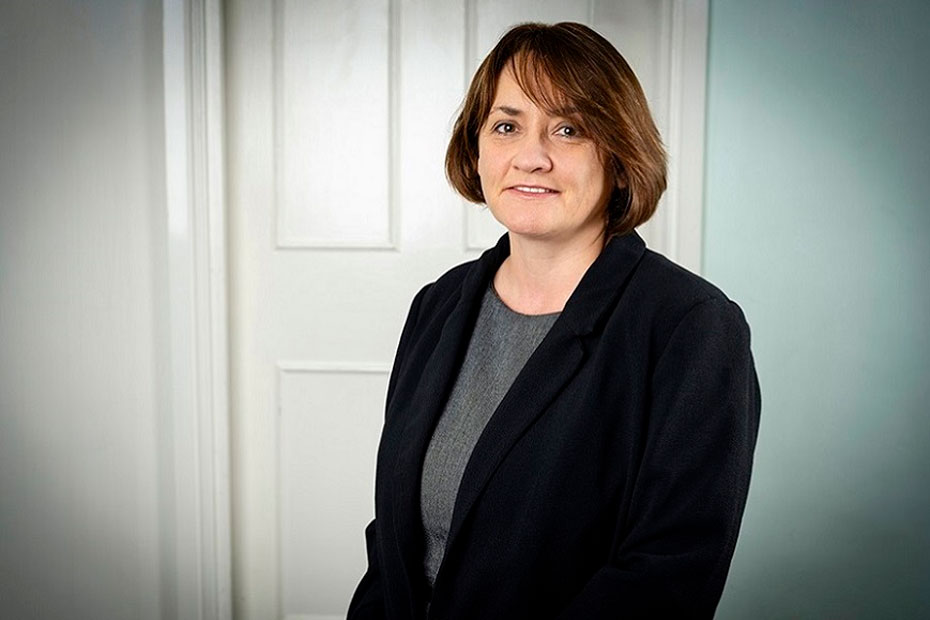Going through the divorce process is often difficult and complex, especially when it comes to agreeing on how to divide up finances. Thankfully, our Divorce and Finance Solicitors are well-versed in helping clients navigate this area of the law and have an excellent track record when it comes to obtaining favourable divorce financial settlements.
At Butcher & Barlow, we are highly skilled at helping clients in coming to an agreement which distributes finances in a way that meets their needs and those of their children, while keeping conflict to a minimum. In most cases, it is possible to reach a settlement through constructive negotiation, but where a more robust approach is needed, we are ready to fight your corner.
If you are unsure of your financial rights in divorce, we will give you clear answers in plain English. Where you need help preparing for mediation or other collaborative approaches, we can advise on your negotiating strategy. And if court proceedings are required, we will be by your side every step of the way, ensuring your case is strongly presented.
Whatever your circumstances, our Divorce Financial Settlement Solicitors have the decades of experience and high level expertise needed to guide you to the best possible outcome.
Have a question? Please see our divorce and finance FAQs or get in touch.
Our experts can help you with matters including:
- Understanding your financial rights on divorce
- Agreeing the division of finances within a divorce settlement
- Applying to a court to decide the division of finances with a Financial Arrangements Order
- Urgent advice on financial issues arising on a separation
Reasons to choose Butcher & Barlow for divorce financial advice and support
- Free initial assessment for most family law issues
- Legal aid available for qualifying cases
- An experienced Family team including members and accredited specialists of leading associations, such as the Law Society’s Children and Advanced Family Law Panel, as well as family law network Resolution
- Branches throughout Cheshire and Manchester, offering expertise on your doorstep
Contact our Divorce and Finance Solicitors in the North West of England
If you need help with a divorce financial settlement, please contact us at Butcher & Barlow.
You can call us on +44 (0)161 764 4062 or email enquiries@butcher-barlow.co.uk.
What our clients say about us
“Would highly recommend Butcher & Barlow. Professional, legal knowledge second to none and clear precise advice. Excellent all round.”
“At a very stressful time they represented us in a family matter. Throughout the whole proceedings they were completely professional, kept us informed at every stage and supported us on the lead up to and throughout the court proceedings. All staff involved with our case were friendly, courteous and respectful.”


